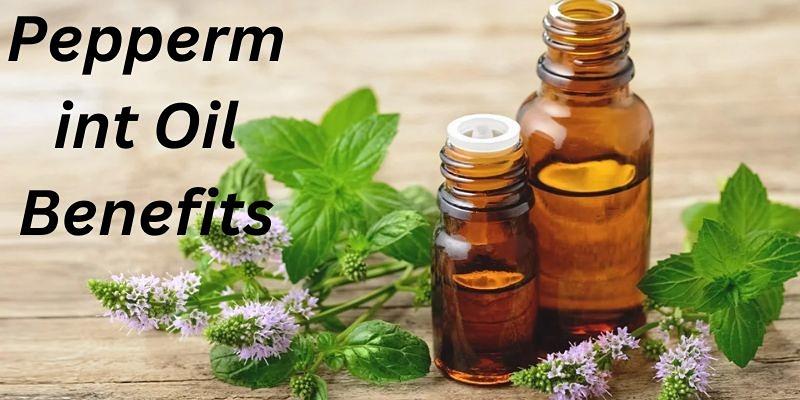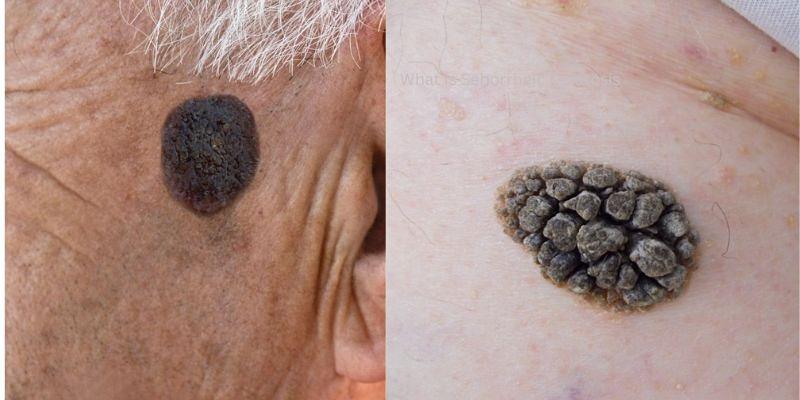Have you ever woken up feeling unhealthy and drained in the morning without any clear reason? Chances are your blocked nose has something to do with it.
"Stuffy nose" is a symptom that often accompanies colds, allergies, sinus infections, flu, and other illnesses. But do you know why a stuffy nose happens or how to eliminate it?
In this blog post, we will talk about the causes of a stuffy nose and some helpful tips on relieving the symptoms effectively. Keep reading for more information – if you’re suffering from a blocked nose right now, there’s hope!
Understand why you have a stuffy nose.
Various factors, including common colds, allergies, and sinus infections, can cause a stuffy nose. Colds, which are viral infections, often lead to nasal congestion due to inflammation and excess mucus production.
Allergies, such as hay fever, trigger an immune response to allergens, resulting in nasal congestion as the body's defense mechanism. Sinus infections occur when the sinuses become infected and inflamed, causing blockage and congestion.
Identifying the underlying cause of a stuffy nose can help determine the appropriate treatment and management strategies to alleviate symptoms and improve breathing.
Common Causes of a Stuffy Nose
A stuffy nose, or nasal congestion, can be caused by various factors. Understanding these common causes is crucial in determining the appropriate treatment and management strategies.
Some of the most frequent causes of a stuffy nose include:
Common colds and viral infections:
The common cold is a viral infection affecting the upper respiratory system, leading to nasal congestion, runny nose, and sneezing. Viral infections can cause inflammation and increased mucus production in the nasal passages, resulting in a stuffy nose.
Allergic rhinitis and hay fever:
Allergic reactions to allergens like pollen, dust mites, pet dander, or mold can trigger allergic rhinitis or hay fever symptoms. This condition causes inflammation in the nasal lining, leading to nasal congestion, sneezing, and itching.
Sinusitis and sinus infections:
Sinusitis is the sinus cavities' inflammation, often caused by viral, bacterial, or fungal infections. When the sinuses become infected and inflamed, they can block the nasal passages, leading to congestion and discomfort.
Nasal polyps:
Nasal polyps are soft, noncancerous growths that can develop in the nasal passages or sinus lining. These growths can obstruct the nasal passages and cause symptoms such as a persistent stuffy nose, reduced sense of smell, and facial pressure.
Deviated septum:
A deviated septum occurs when the thin wall (septum) between the nostrils is displaced, causing one nasal passage to be smaller than the other. This structural abnormality can lead to chronic nasal congestion and difficulty breathing through one or both nostrils.
Environmental factors and irritants:
Exposure to irritants like air pollution, tobacco smoke, strong odors, and chemicals can irritate the nasal passages, triggering inflammation and congestion.
Know When to See a Doctor

If you have a persistent stuffy nose lasting more than ten days, it is advisable to seek medical advice. While nasal congestion is often caused by common conditions like colds or allergies, a prolonged duration may indicate an underlying issue that requires medical attention.
A doctor can help determine the cause of your persistent stuffy nose by thoroughly evaluating your symptoms and medical history. They may physically examine your nasal passages and sinuses or recommend additional diagnostic tests.
Seeking medical advice is especially important if you experience other concerning symptoms alongside nasal congestion, such as severe facial pain, high fever, or difficulty breathing. These could be signs of a more serious condition, such as a sinus infection or nasal polyps, that require prompt treatment.
A healthcare professional can provide appropriate treatment options tailored to your specific condition, including prescription medications, nasal sprays, or other interventions to alleviate nasal congestion and address the underlying cause.
Remember, it's always better to consult with a medical professional to ensure proper diagnosis and timely treatment of your symptoms.
Learn About the Different Ways to Get Relief From a Stuffy Nose
There are various ways to find relief from a stuffy nose, and the choice of method depends on the underlying cause and personal preference. Some common options include nasal sprays, decongestants, and saline solutions.
Nasal sprays, such as corticosteroid sprays, can help reduce inflammation in the nasal passages, relieving congestion. These sprays are typically available over-the-counter or prescription, and their regular use can provide long-term relief.
Decongestants, available in both oral and nasal forms, shrink the blood vessels in the nasal passages, relieving congestion. However, using decongestants sparingly and as directed is important, as prolonged use can lead to rebound congestion or other side effects.
Saline solutions, either in spray or rinse form, can help moisturize the nasal passages, loosen mucus, and clear congestion. These solutions are gentle and can be used frequently without the risk of rebound congestion.
They are particularly helpful for relieving nasal congestion caused by dryness or allergies. It's important to consult with a healthcare professional before using any nasal sprays or decongestants, especially if you have underlying medical conditions or are taking other medications.
They can guide the most suitable option for your situation and advise on proper usage to ensure optimal relief from a stuffy nose.
Ensure you’re keeping your environment clean and free of pollen.

Keeping your environment clean and free of potential irritants is essential in managing and reducing symptoms of a stuffy nose. Pollen, dust, pet dander, and other allergens can worsen nasal congestion and trigger allergic reactions.
Regularly dusting surfaces, vacuuming carpets, and using air purifiers can help minimize the presence of these irritants. Additionally, keeping windows closed during peak pollen seasons and using allergy-proof bedding can reduce exposure.
Maintaining good indoor air quality and practicing proper hygiene, such as washing hands frequently and avoiding close contact with sick individuals, can also contribute to a cleaner and healthier environment that promotes nasal comfort.
FAQs
What are the common causes of a stuffy nose?
The most common causes of a stuffy nose are allergies, colds, and sinus infections. Allergies cause the body to produce increased levels of histamines which can lead to nasal congestion. Colds and sinus infections can also cause inflammation in the nasal cavity resulting in nasal congestion.
What can I do to relieve my stuffy nose?
The best way to relieve a stuffy nose is to use over-the-counter decongestants such as nasal sprays or oral medications. Saline nasal irrigation can also help by flushing out the excess mucus and allergens causing congestion.
What should I avoid if I have a stuffy nose?
If you have a stuffy nose, avoiding activities that could further irritate your nasal passages is important. This includes smoking cigarettes or being around smoke, using perfumes and scented products, and other environmental allergens.
Conclusion
In conclusion, a stuffy nose is caused by inflammation of the nasal tissues due to allergens, irritants, colds, or other illnesses. Regular cleaning of the environment and avoiding allergens can be extremely helpful in reducing their impact on your daily life.
Additionally, reducing stress levels and sweat exposure can help lower the risk of stuffy noses due to overheating. Thankfully, reliable treatments like decongestants, nasal sprays, and saline solutions can target a blocked nose quickly and effectively.
Now that you know what causes a stuffy nose and some practical methods to deal with it effectively before it worsens, why not take action now?




